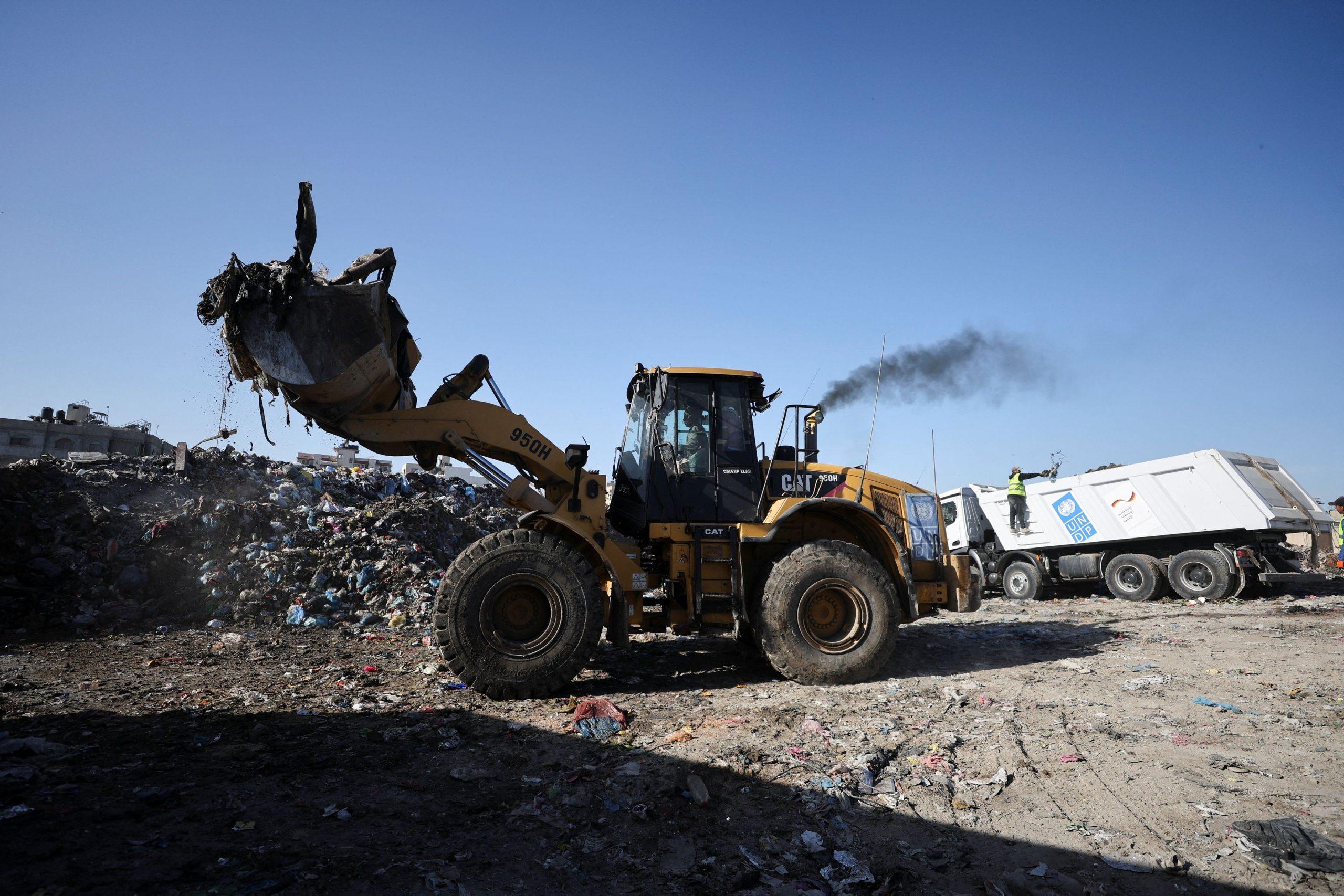The government is trying to tighten the fetters on unvaccinated citizens, in an effort to tackle the fourth pandemic wave in the country.
The new case record, yesterday with 6,700 new infections, 434 intubated and 59 deaths, signaled an alarm to government and specialists, who are seeing hospitals replenished and doctors on the verge of endurance.
The new measures are based on the increase of weekly rapid tests for unvaccinated workers, the access of the unvaccinated to banks, shops and open restaurants only by showing a negative rapid or PCR test and the tightening of controls on the display of relevant certificates and compliance with the measures.
So, starting next Saturday, those who have not been vaccinated against coronavirus are required to take a test (molecular or rapid) to enter stores, banks and public services, as well as at work, where the required tests increase to two per week, from one that was until now.
However, the same will not apply to supermarkets and pharmacies, where vaccinated and unvaccinated people will normally enter without a laboratory test.
Lockdown for the unvaccinated from Saturday
The new measures that will take effect from Saturday (06/11) are:
Mandatory two tests (rapid or pcr) per week for unvaccinated workers at their own expense, including those in places of worship
Access to banks, Public Services, shops, hairdressers and open restaurants and entertainment venues will only be demonstrated by a negative pcr or rapid test for the unvaccinated
There will be restrictions on entrance to stadiums if the measure of the mask is not observed. Teams will receive penalties.
The controls are intensified and will become stricter with the presentation of the relevant certificates (vaccination and disease) and identity document while the penalties are upgraded and doubled to 5,000 euros and 15 days suspension of the store. It will also be announced that certain stores do not comply with the measures.
You will not need tests for grocery stores (eg supermarkets), pharmacies or churches


















![Ενοίκια: Το ράλι στα ακίνητα – Προσιτές και απλησίαστες περιοχές [πίνακες]](https://www.ot.gr/wp-content/uploads/2026/01/ot_akinhta_rents26.jpg)


















